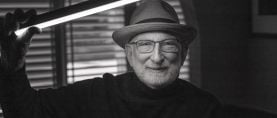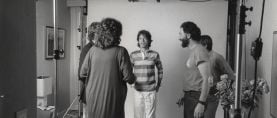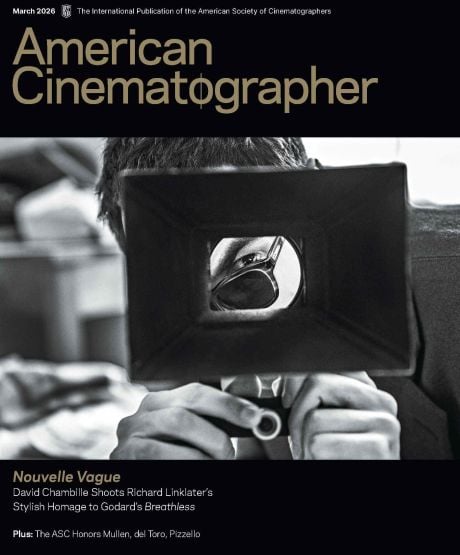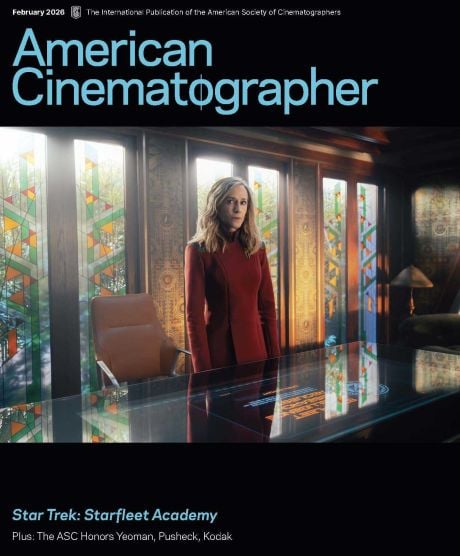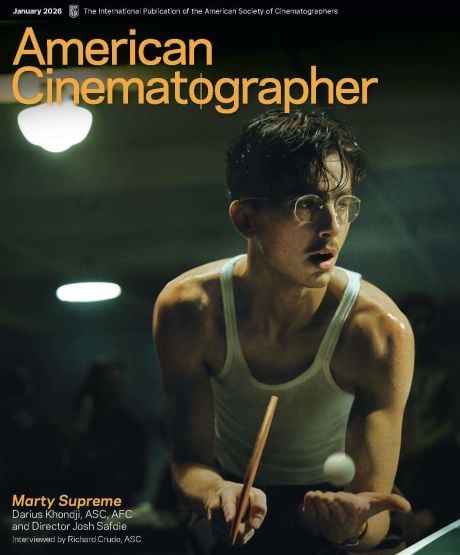
President’s Desk: Arri and the Bicycle
Memories of a life spent dreaming of and working with Arri cameras.

I was all of 15 years old when my fascination with cinematography led me to request camera brochures from Arri in Germany. What came in the mail were the most detailed spec sheets, with ultra-sharp color photographs, line drawings, and mysterious product codes. I would read those brochures long into the night, and tuck them beneath my pillow before drifting off to sleep.
A year later I had saved enough money to rent an Arriflex 16ST for the weekend. I picked it up in the old center of Amsterdam from a small company called Carillion Films, and I still remember how perfectly the hammered-aluminum-clad box fit on the luggage rack of my bicycle, strapped down with rubber binders.
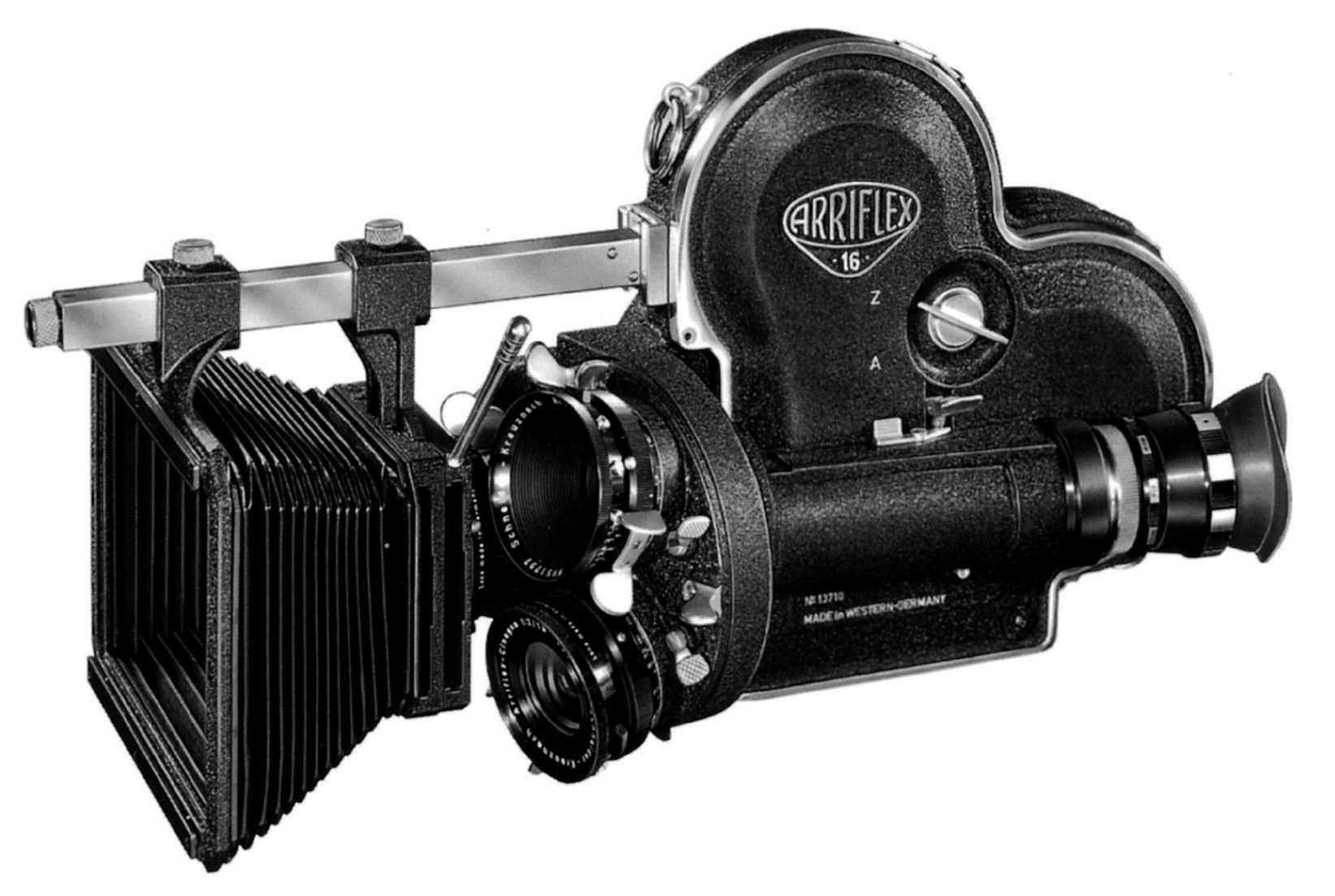
Back at home, the big moment finally arrived: I opened the box and held the 16ST, a finely sculpted camera bearing the faint smell of lubricating oil and wrinkle-finish black paint. To me it was a jewel. I guided the film onto the sprockets and through the gate, and the next day I shot two 100' rolls of — you guessed it — windmills.
The sound of the camera, the rattle of the film, and the two silver knobs rolling in time with the shutter all combined to fill me with confidence. At last, things were really happening.
I remember thinking that my comfort with the camera was in part due to the fact that those silver knobs reminded me of the hubs on my bicycle’s wheels. That parallel was no minor detail for a young Dutch boy, for whom bicycles were an everyday fact of life. And the metaphor persisted with other Arriflex cameras I’ve used throughout the years, including the 16BL and the 35IIC — they all featured knobs that rolled in tandem as the camera ran, like a bicycle turned on its head.
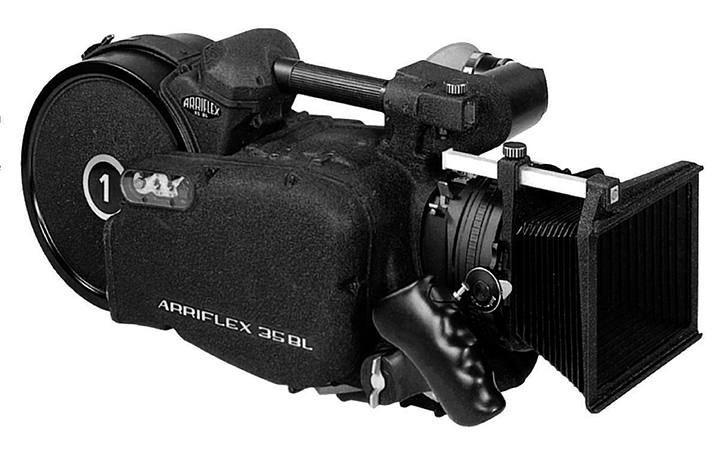
In 1972, the company introduced the 35BL, and for a moment I feared the coaxial magazine marked the loss of my security blanket. But no! Upon closer examination, I saw in the coaxial mag a clear parallel to a folding bike.
In the early Nineties, I found myself in Munich negotiating the purchase of a new Arriflex 535. It was a glorious day. For the first time, I was visiting the Arri factory and was able to see the Arriflex assembly line first hand. Mr. Horst Bergmann was the sales manager, and after filling out the lists of all the part numbers, we set out to celebrate the purchase at a local beer hall.
“So wir haben es geschafft,” Mr. Bergmann proclaimed. (“We have a deal.”)
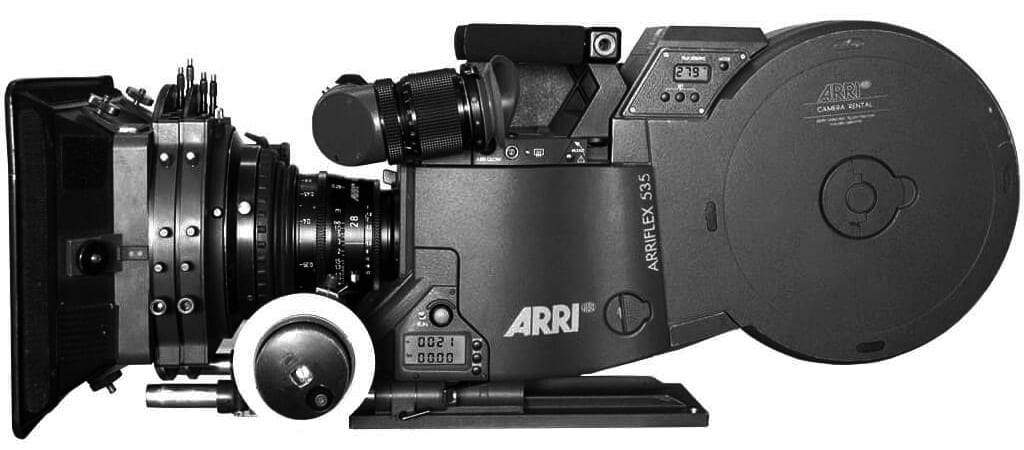
It was at that moment that I felt an undeniable bout of wry Dutch humor boiling up. “Yes,” I said, “except for the bicycle! Can we include one in the deal?”
Mr. Bergmann looked at me, befuddled. Why would anyone mention a bicycle in the midst of a six-figure deal? At the time, I had just finished shooting the feature Gettysburg, at times with an Arri IIC in hand; the experience had rekindled my love for the camera, and it also brought back a fascination with something deeper. I proceeded to tell him how my father’s bicycle had been confiscated one day late in the war, when steel was needed to feed the war effort. Mr. Bergmann didn’t exactly share my sense of humor, and I went home without a bicycle — but with the hope that my father’s bike might somehow have been reincarnated as an Arriflex.
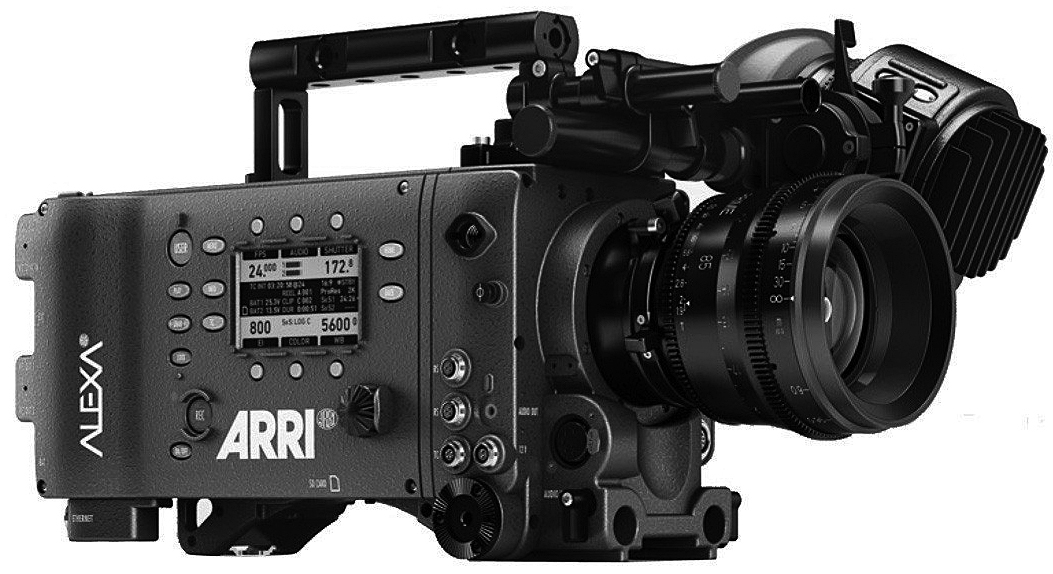
I now realize that Arri and I go back almost 50 years — half of the centennial they are celebrating this year. Ten years ago the company went through a remarkable rebirth with its digital technology. The “flex” is gone from the cameras’ names; it’s now simply “Arri” in modern, stylized lettering. Gone is the smell of oil and wrinkle paint. Gone is the mechanical noise that was audible next to the camera. And, I had thought, gone is the emotional parallel I had always drawn between the cameras and bicycles.
But wait!
The other day, with an Alexa Mini on my shoulder, I heard a faint whizzing noise. When I looked, I caught a glimpse of a small mechanical fan whisking away the camera’s heat, a sight I couldn’t help but compare to a spinning bicycle wheel.
I put my ear back onto the camera body and drifted back into the dream I had almost 50 years ago, when I laid my head onto my pillow — and below that, my small stack of Arriflex brochures.

Kees van Oostrum
ASC President


